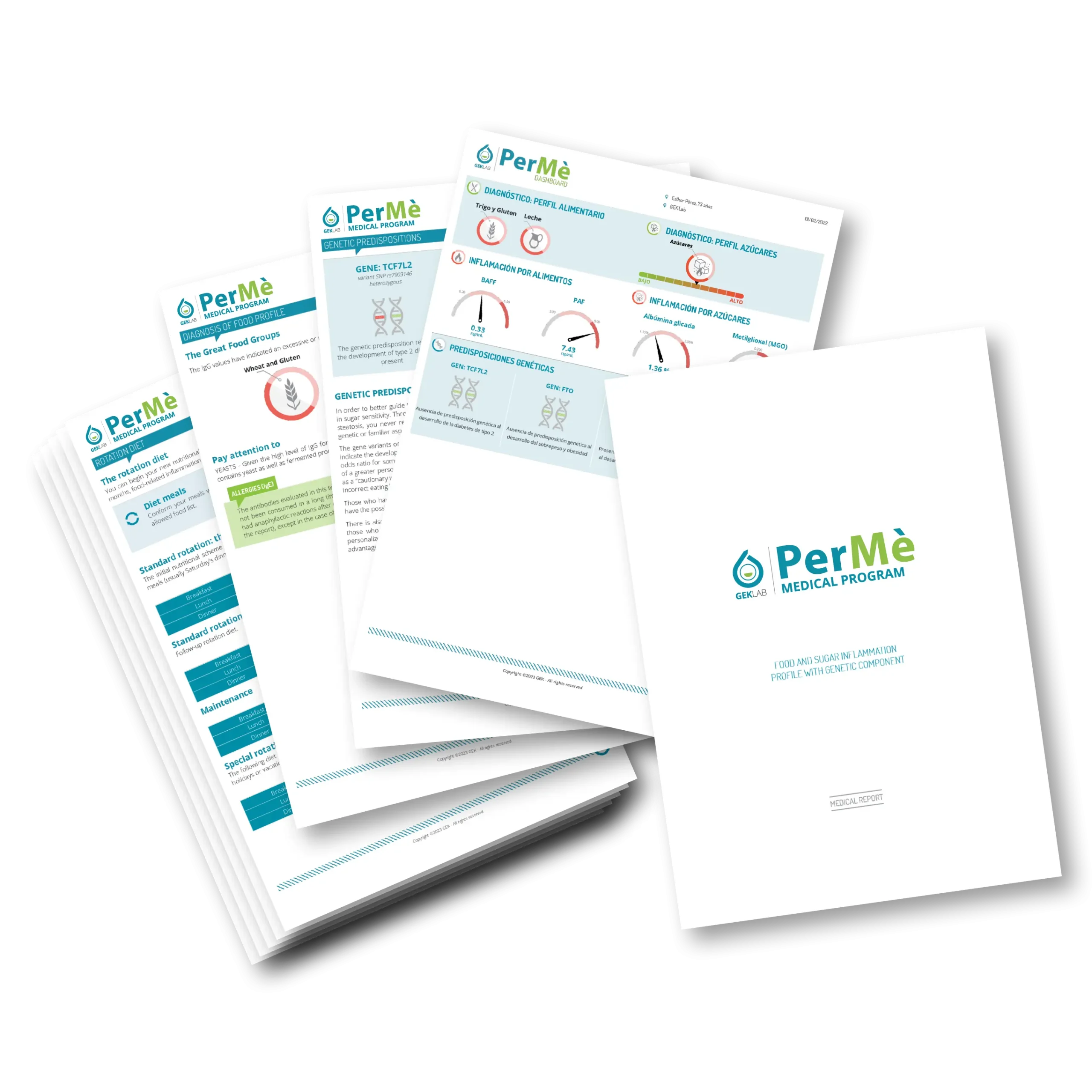
In the article “Cardiovascular Diseases: The Role of Low-Grade Inflammation”, we discussed the relationship between cardiovascular diseases and low-grade inflammation.
As we often emphasize, nutrition can play a crucial role in preventing and combating inflammatory states, and consequently, cardiovascular diseases.
In this article, we will delve into the key role of proper nutrition in promoting a healthy and resilient heart.
The Healthy Plate from Harvard Medical School
The first step in establishing a healthy and balanced diet is to follow the principle of the “Healthy Plate” from Harvard Medical School, which recommends the balanced inclusion of proteins, carbohydrates, and vegetables in every meal, including breakfast.
Given that cardiovascular diseases are often associated with overweight and obesity, the direct action of an anti-inflammatory diet on sugar metabolism (improving insulin sensitivity), fat metabolism (improving cholesterol levels), and body composition allows for targeted and effective interventions in these conditions.
The balanced plate provides everything the body needs: carbohydrates, proteins, good fats, fibers, and micronutrients (such as vitamins and minerals). It regulates insulin secretion, thus prolonging the feeling of satiety, avoiding the need for snacks and mid-meal munching, while maintaining high levels of well-being and energy.
In addition to its positive effect on sugar metabolism, the type of diet proposed by the Harvard Medical School’s healthy plate prevents cardiovascular diseases because it recommends balanced portions, with particular attention to the intake of whole grains and healthy fats, such as those found in olive oil, nuts, and fish.
Short-term and intermittent fasting
Short-term fasting, also known as intermittent fasting, involves cycles of abstaining from food consumption, typically ranging from a few hours to a day. There are various methods of short-term fasting, but the most common one involves at least 16 hours of fasting, often skipping dinner and then having a substantial breakfast the following morning. Water, tea, herbal teas, infusions, and unsweetened coffee are allowed during the fasting period and are actually encouraged.
It’s a straightforward technique that, backed by scientific evidence, helps with weight reduction and reduces cardiovascular risk in the medium and long term, thanks to its anti-inflammatory action. Short-term fasting also contributes to rebalancing triglyceride and cholesterol levels, particularly lowering LDL cholesterol (the “bad” cholesterol), with a positive and combined effect in preventing cardiovascular diseases.
Omega-3 fatty acids
Nuts such as walnuts, almonds, and flaxseeds are rich in omega-3 fatty acids, antioxidants, and fiber. Omega-3s are also found in fatty fish like salmon and have demonstrated anti-inflammatory effects, contributing to improved blood cholesterol levels. Incorporating a handful of nuts into your daily diet and consuming fatty fish, such as oily fish and salmon, can be a tasty way to support health and counteract cardiovascular diseases.
For those who don’t enjoy fish or nuts, adding a specific plant-based omega-3 and omega-6 supplement, found in black currant oil and perilla oil, could be beneficial.
Vitamins and minerals
Vitamins, especially vitamins C and E, are potent antioxidants that help counteract oxidative stress. Fruits such as citrus fruits, strawberries, and kiwi are rich in vitamin C, while nuts and sunflower seeds are good sources of vitamin E.
Also important are vitamin D, due to its role in controlling inflammation and dysfunction of the inner vessel walls.
Magnesium is certainly supportive as well, positively influencing vessel elasticity and regulating insulin sensitivity.
Spices and chili pepper
Spices such as turmeric, cinnamon, and ginger all have significant anti-inflammatory properties. Turmeric, in particular, is recognized for its blood pressure modulation and positive impact on vascular health. Integrating these spices into your diet, using them as seasonings for healthy dishes or to enrich beverages like tea and herbal teas, offers a tasty and healthy way to reap their benefits, while avoiding excessive use of salt, sugars, or sweeteners, with a positive effect on preventing cardiovascular diseases.
A special mention goes to chili pepper, rich in capsaicin, which not only adds a touch of flavor to dishes but can also offer benefits for the heart. Capsaicin has demonstrated anti-inflammatory properties and may contribute to improving cardiovascular health. This effect is believed to be due to the beneficial action of capsaicin on the intestinal microbiota, which in turn modifies metabolism in a healthy way.
Beware of sweeteners
The polyols contained in sweeteners have an inflammatory effect due to the way they are metabolized. For cardiovascular health purposes, special attention should be paid to the consumption of erythritol, which has a direct effect on platelets, increasing their reactivity and facilitating thrombotic phenomena.
All the benefits of the rotation diet
The Rotation Diet, which is the foundation of the GEK Lab methodology, is a type of diet that alternates between different food groups throughout the week based on strictly scientific principles, without excluding any specific foods from meals.
The Rotation Diet is particularly effective in combating the inflammatory state caused by the repetition and monotony associated with major food groups, as detailed in this article.
Furthermore, since cardiovascular diseases are often associated with overweight and obesity, the direct action of an anti-inflammatory diet on sugar metabolism (improving insulin sensitivity), fats (improving cholesterol levels), and body composition allows for targeted and effective intervention in such conditions.
For a Rotation Diet to be effective, it must be personalized. To understand whether there is an individually excessive consumption of sugars or related substances, or if there are food groups responsible for maintaining high inflammatory levels, it is advisable to undergo a PerMè Medical Program. This report measures the presence of specific and often overlooked inflammatory molecules in standard exams, such as BAFF, PAF, Methylglyoxal, and Glycated Albumin.
GEK Lab doctors and specialists, experts in precision medicine, based on the report results, will suggest a personalized nutritional and integrative approach to control inflammation and promote, if necessary, weight loss, without imposing overly radical approaches that are difficult to sustain over the long term.
By the Scientific Editorial Team at GEK Lab




